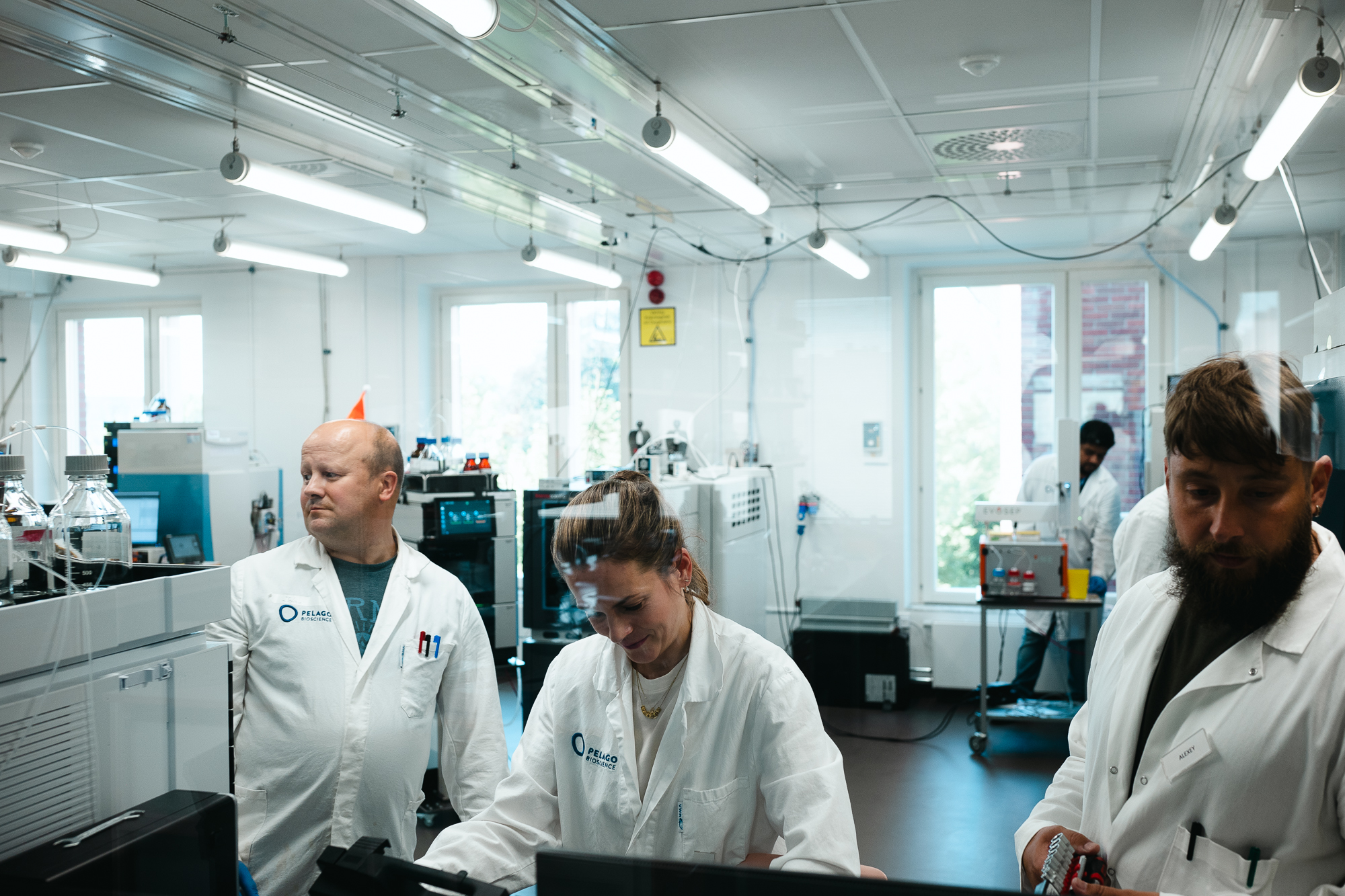In pursuing safer and more efficacious therapeutics, comprehensively characterizing how small molecules interact across the proteome is increasingly recognized as a cornerstone of modern drug discovery. Unbiased selectivity profiling is an advanced approach that enables researchers to assess a compound’s off-target interactions—without limiting the analysis to a predefined panel of proteins. This method is particularly valuable during the early stages of drug development, where decisions about compound progression can benefit from deeper, proteome-wide insights.
While selectivity—the ability of a compound to modulate its primary target with minimal interaction with non-target proteins—has long been a pharmacological ideal, the methodologies used to evaluate it are undergoing a paradigm shift. At Pelago Bioscience, we advocate for a more integrative, data-driven approach: unbiased selectivity profiling with CETSA®.
The Limitations of Traditional Selectivity Panels
Conventional selectivity assessments typically involve screening compounds against predefined panels of protein targets, often limited to several hundred members. Although informative, these panels are inherently restricted by prior target selection and reflect a hypothesis-driven design that may overlook biologically relevant off-target interactions. Consequently, liabilities outside of these curated panels can remain undetected until late-stage development, where they can manifest as adverse effects or lack of efficacy—outcomes that frequently contribute to clinical attrition.
This challenge is especially pronounced in complex disease areas such as oncology, where drug action often involves the modulation of interconnected protein networks rather than single targets. Relying solely on focused panels may obscure significant polypharmacological effects, increasing the risk of unforeseen complications during translational and clinical phases.
A Proteome-Wide, Unbiased Approach
Unbiased selectivity profiling, as implemented through our CETSA technology and high-resolution mass spectrometry, offers a proteome-wide assessment of compound-induced changes in protein thermal stability. This platform simultaneously interrogates over 5,000 endogenous proteins within their native cellular milieu, eliminating the need for recombinant overexpression or target pre-selection.
By directly quantifying shifts in protein stability upon ligand binding, CETSA provides a holistic, label-free readout of target engagement, revealing both primary targets and unanticipated off-targets in a single experiment. This empirical approach allows biology to guide discovery rather than constraining it within predefined hypotheses.
Why This Matters Early in Discovery
Integrating unbiased selectivity profiling early in the discovery workflow facilitates informed decision-making at the hit-to-lead and lead optimization stages. Evaluating compounds in human cell lysates provides physiologically relevant insights into their binding profiles, enabling medicinal chemists to prioritize candidates based on relative potency and selectivity.
This data-rich approach enhances the ability to compare structurally related analogs, elucidate subtle SAR-driven shifts in target engagement, and identify liabilities before they impact downstream development. Moreover, unexpected protein interactions revealed through CETSA can generate novel mechanistic hypotheses and highlight potential repositioning opportunities.
Powering Progress with Standardized, Scalable Assays
Pelago Bioscience’s CETSA-based selectivity profiling platform is automated and designed for scalability and reproducibility. This standardized assay format ensures robust, quantitative data generation to inform project strategy and progression.
Whether evaluating kinase inhibitors, HDAC modulators, or compounds against emerging target classes, our unbiased selectivity profiling approach empowers teams with actionable insights to advance compounds with confidence and clarity.
Meet Us at AACR
We invite you to connect with us at the upcoming AACR Annual Meeting, where our team will present new data demonstrating the application of CETSA-based profiling in active discovery programs. Visit our poster to explore how this methodology transforms early-stage decision-making and drives forward more predictive, proteome-wide compound characterization.






